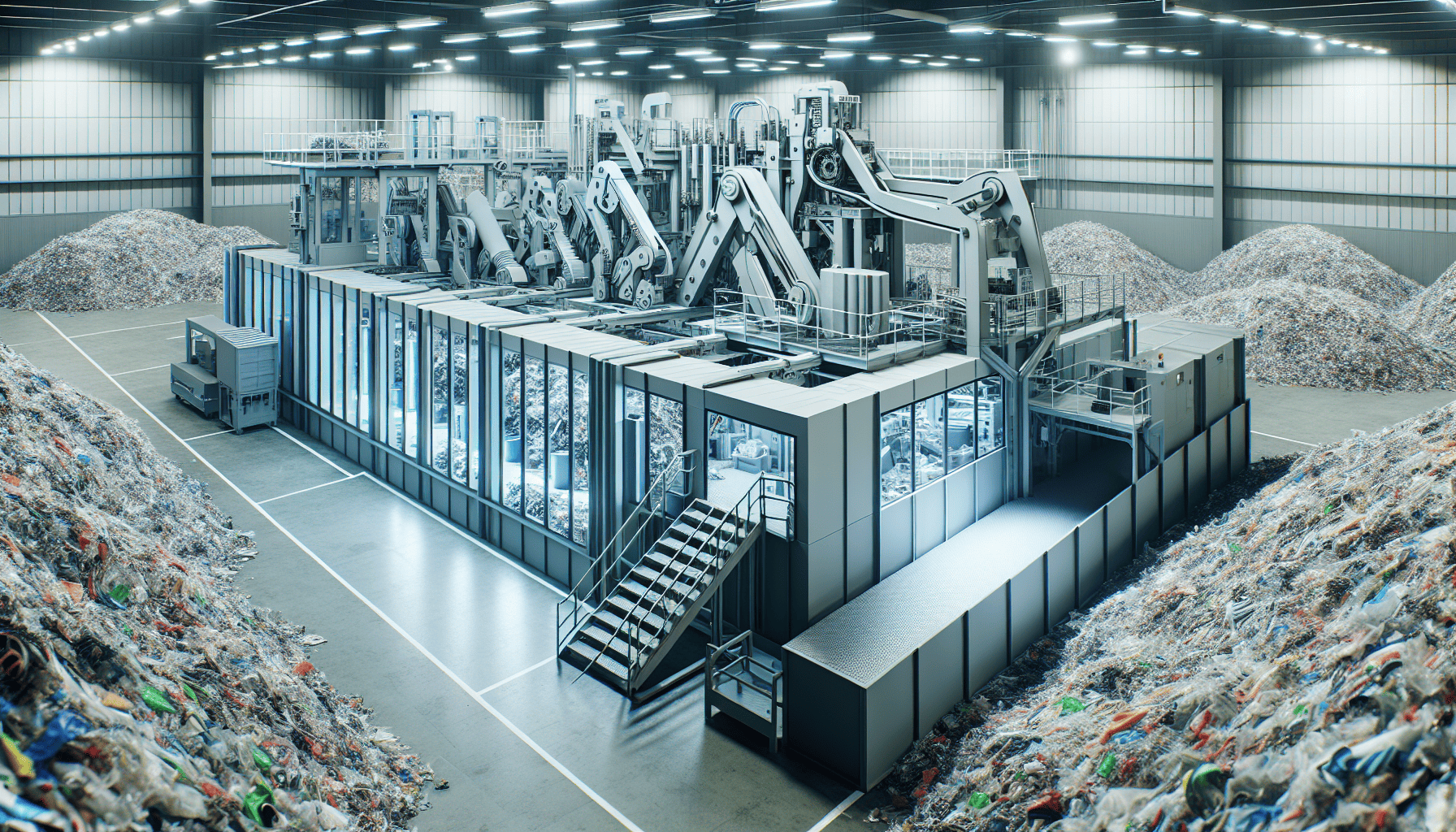In recent years, advancements in recycling technologies have significantly transformed waste management, making it more efficient and sustainable than ever before. These innovations are addressing the growing concerns about environmental pollution and resource depletion by improving existing methods and introducing new techniques for recycling various materials.
One of the most promising advancements is the development of artificial intelligence (AI) and machine learning technologies that enhance sorting processes. Traditional recycling systems often struggle with the accurate segregation of different types of materials, leading to contamination and reduced recyclability. AI-powered robots and advanced algorithms can now identify and sort materials with remarkable precision. These systems utilize image recognition and sophisticated sensors to distinguish between plastics, metals, paper, and other materials, increasing overall efficiency and reducing human error.
Another notable innovation is chemical recycling, which offers a solution to the challenges posed by difficult-to-recycle plastics. Unlike mechanical recycling, which can degrade the quality of plastic over time, chemical recycling breaks down plastics into their original monomers. This process allows for the production of high-quality recycled plastics that are indistinguishable from their virgin counterparts. By enabling the recycling of previously non-recyclable plastics, chemical recycling has the potential to significantly reduce plastic waste.
Biodegradable polymers and bioplastics are also revolutionizing the recycling landscape. These materials are designed to break down more easily in natural environments, reducing their impact on landfills and oceans. Researchers are continually improving the properties of these biopolymers, making them more versatile and cost-effective for a wide range of applications. As the production and use of biodegradable plastics increase, they promise to alleviate the pressure on traditional recycling systems and reduce overall plastic waste.
In the realm of electronic waste (e-waste), advances in urban mining are proving to be vital. Urban mining involves the extraction of valuable metals and components from discarded electronic devices. By employing advanced mechanical processes and hydrometallurgical techniques, urban mining allows for the recovery of precious metals like gold, silver, and palladium. This not only reduces reliance on traditional mining practices, which can be ecologically damaging, but also capitalizes on the vast amount of resources embedded in e-waste.
Furthermore, the concept of upcycling is gaining traction, where waste materials are creatively repurposed into higher-value products. Upcycling extends the lifecycle of materials and reduces the need for virgin resources. Innovations in design and manufacturing are making it easier to transform materials like rubber and textiles into valuable products, from fashionable garments to durable construction materials.
The growth of circular economy principles is also driving technological advancements in recycling. Product designs are evolving to consider the end-of-life phase, ensuring that they are easier to disassemble and recycle. Industries are increasingly collaborating to close the loop, from sharing waste materials for mutual benefit to creating zero-waste manufacturing processes.
Governments and private enterprises worldwide are investing in research and development to drive these technological innovations. Incentives and regulations designed to encourage recycling and reduce waste are becoming more prevalent, further accelerating advancements in this field. As public awareness of sustainability grows, consumer demand for products made from recycled materials is also on the rise, prompting manufacturers to adopt greener practices.
In conclusion, the latest innovations in recycling technologies are making substantial strides towards improved waste management and resource sustainability. By harnessing the power of AI, chemical processes, biodegradable materials, urban mining, upcycling, and a circular economy mindset, these advancements are setting the stage for a future where waste is minimized, and resources are kept in continuous use. As these technologies continue to evolve, they offer a hopeful outlook for mitigating the environmental challenges of waste and creating a more sustainable world.
